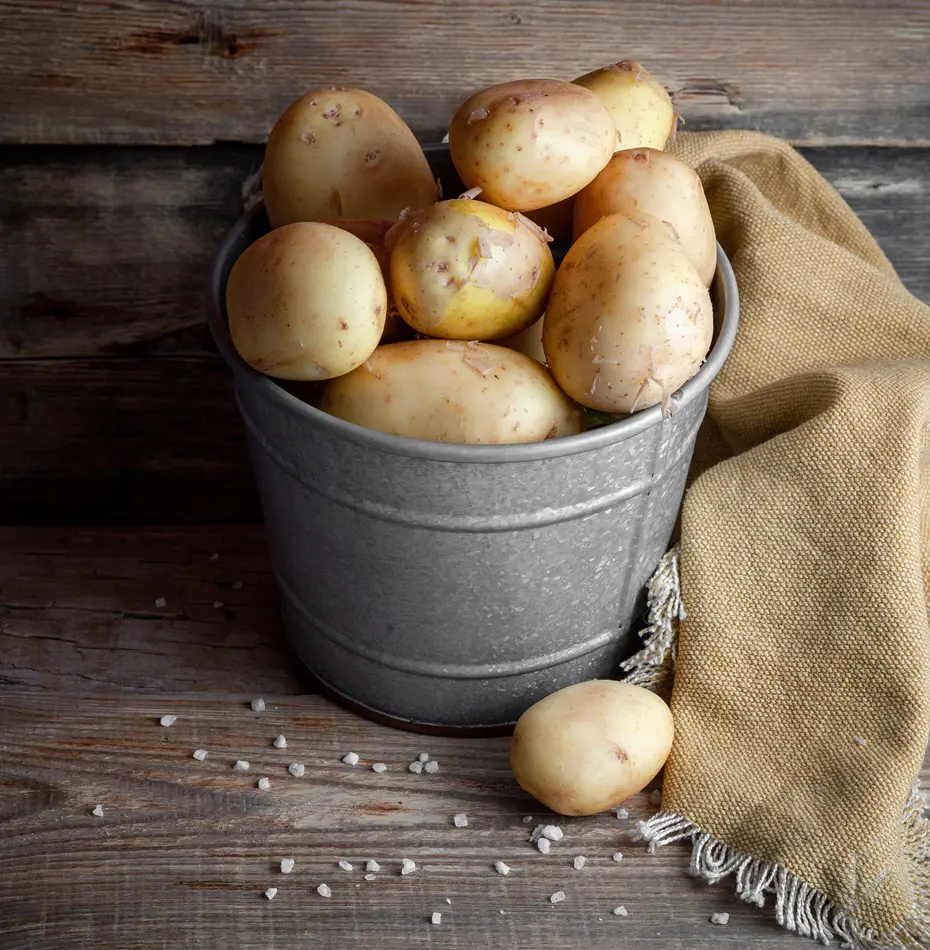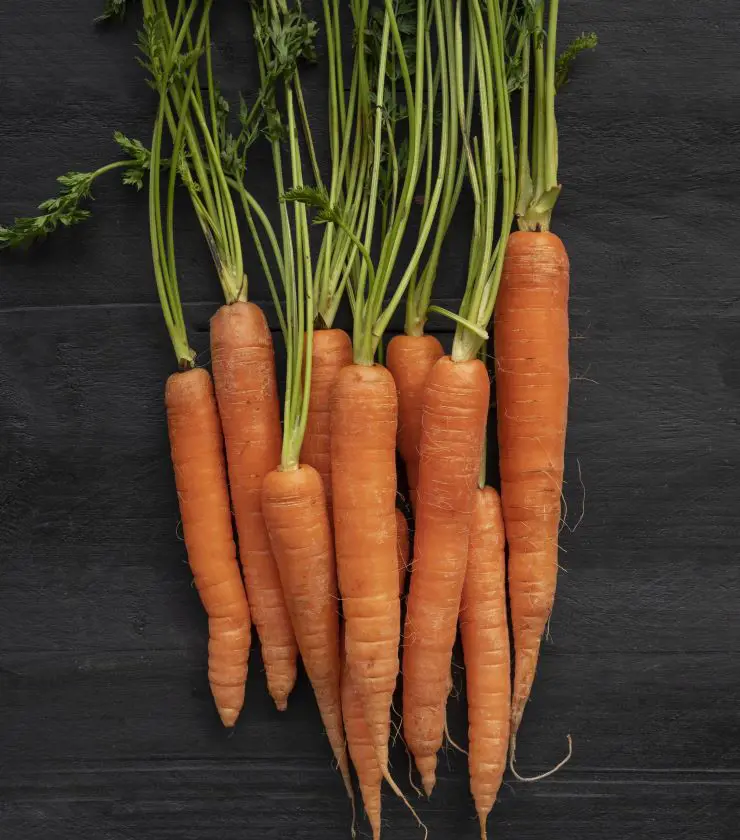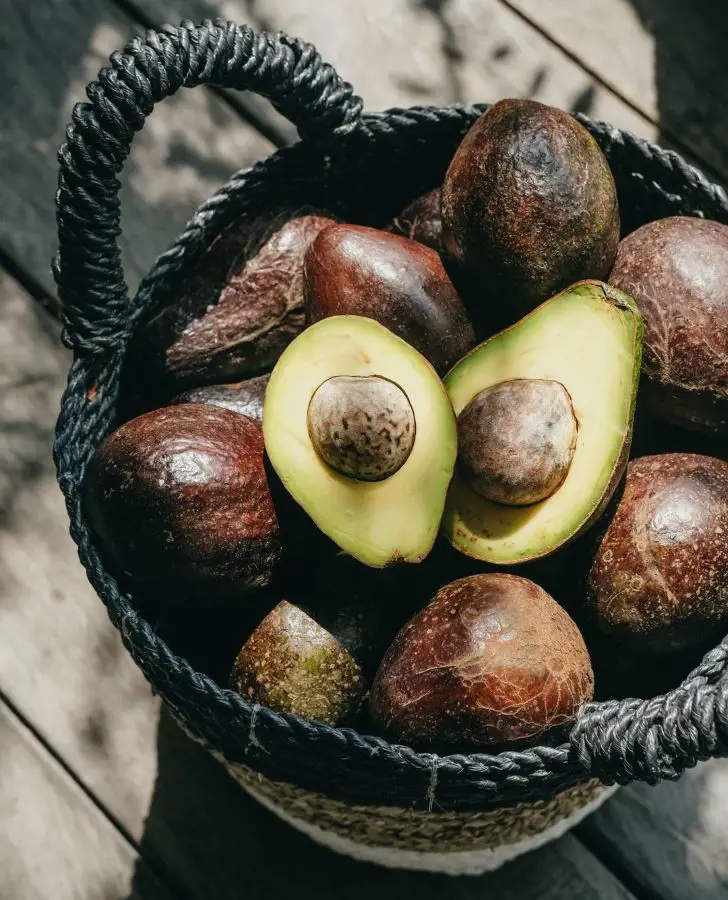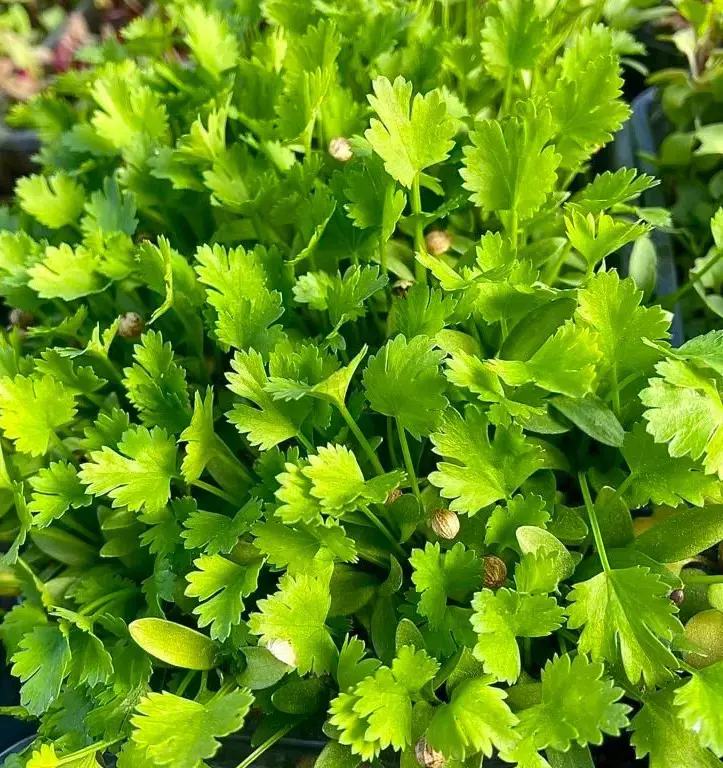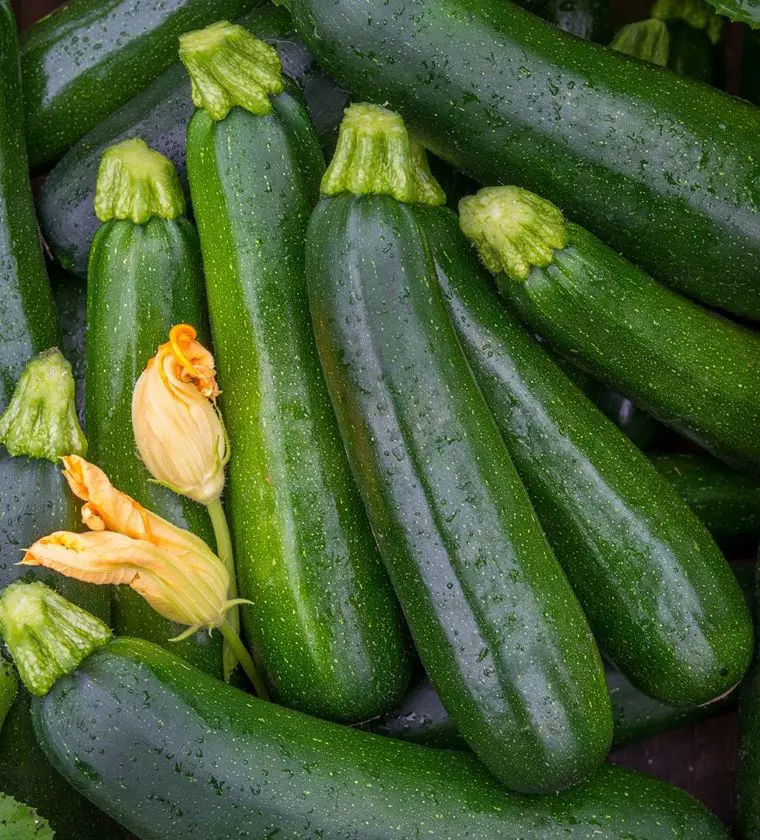11 Smart Ways To Store Apples
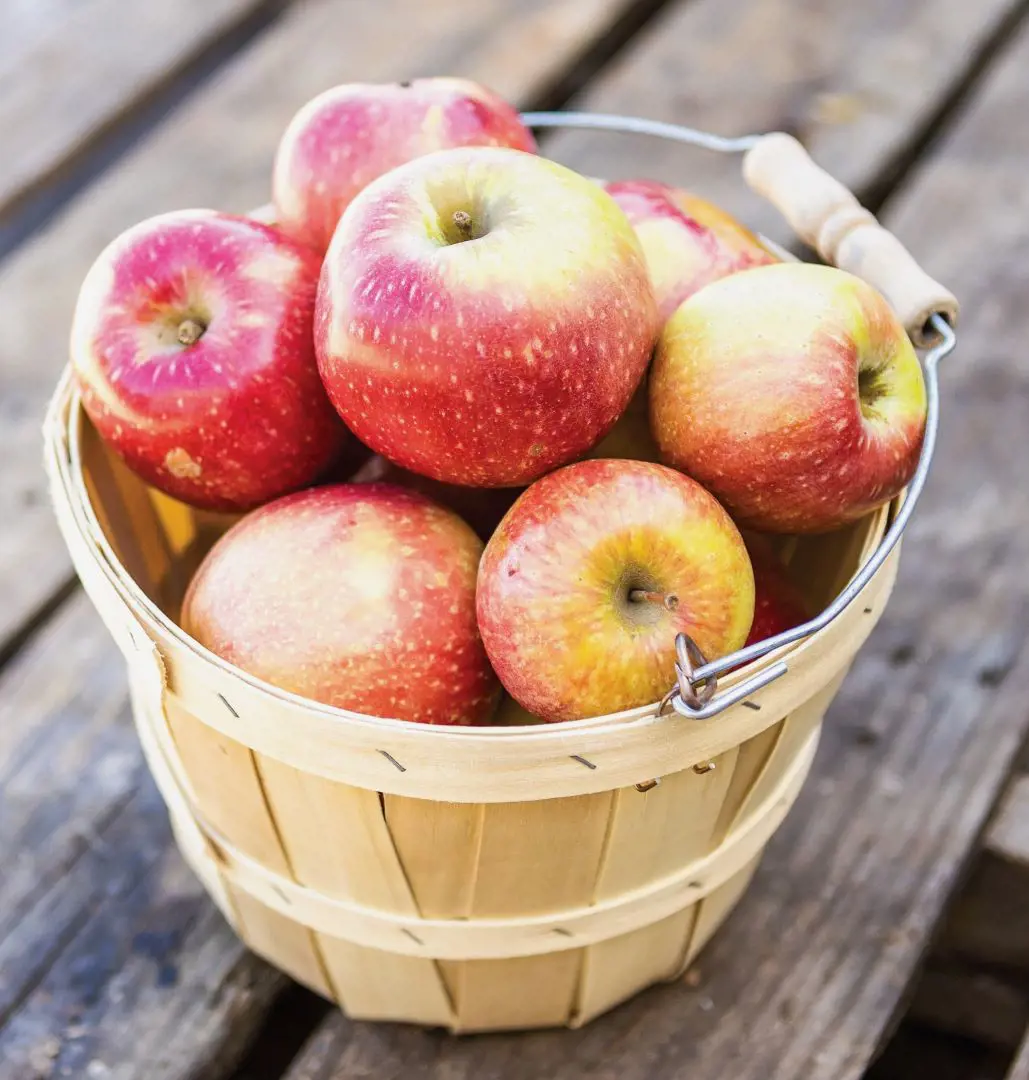
This post may contain affiliate links. If you make a purchase through links on our site, we may earn a commission.
Nothing equals the crunchy and sweet flavor of apples that are just picked. Sadly, the freshness of apples does not last long after plucking. They begin to lose their freshly picked-from-the-tree flavor. Luckily, there are ways to retain their crisp, flavorful taste.
Apples are widely known fruits for their nutritional profile and adaptability in cooking and baking. Here are different ways of storing them to fully enjoy their freshness.
1. Choose Fresh and Right Apples
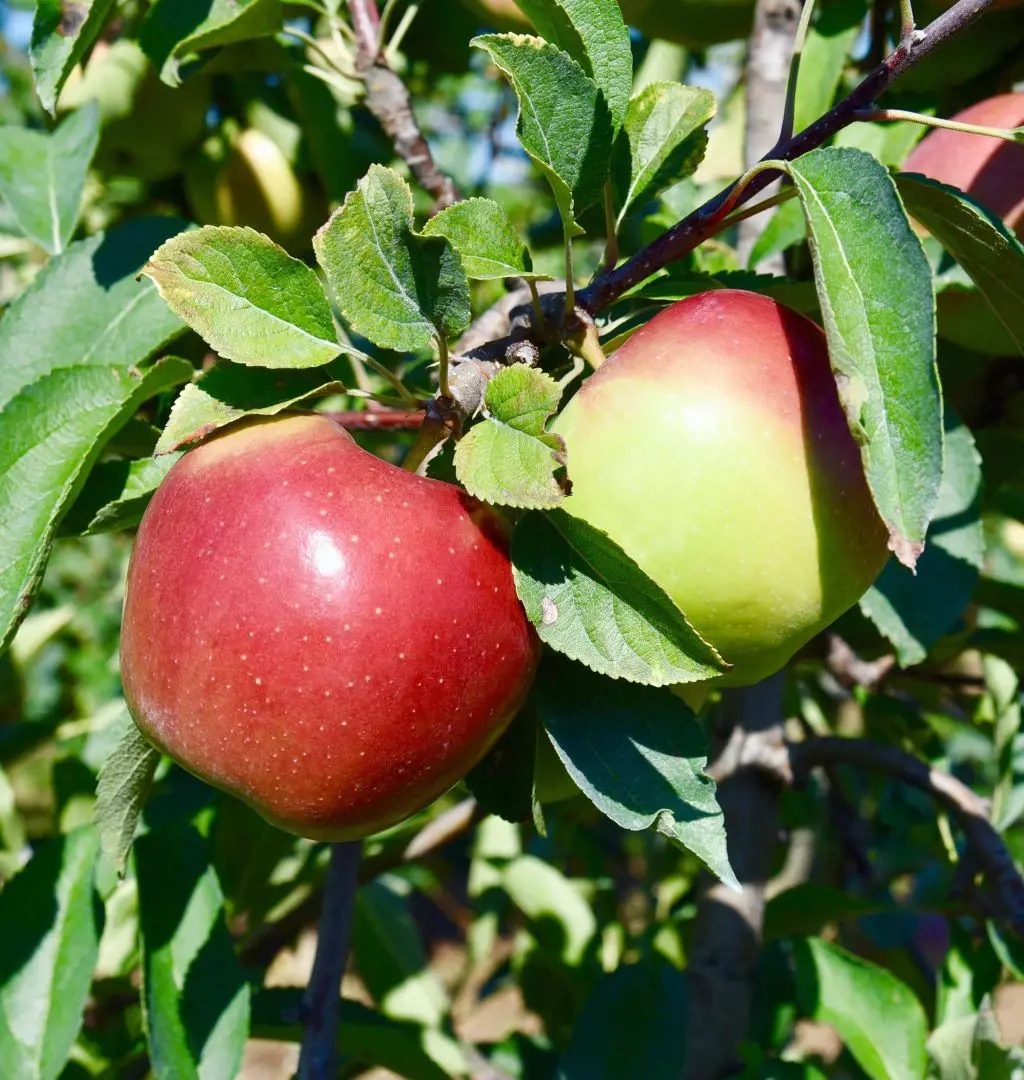
The first step when storing an apple is to choose the right type of fresh apple. Apples that have already reached or are about to reach the stage of staleness are not ideal for storing. Some types of apples are best for storage; crisper varieties, like Granny Smith apples, will probably last longer as compared to softer varieties, like Red Delicious.
Here are a few factors to consider while choosing fresh apples for storage:
- Opt for late-season apples that have a higher sugar content and a firmer texture.
- Choose apples that do not have any soft spots or bruises on them.
- Select apples with blemish-free skins.
2. Store them in Cool, Dark Place With Good Ventilation
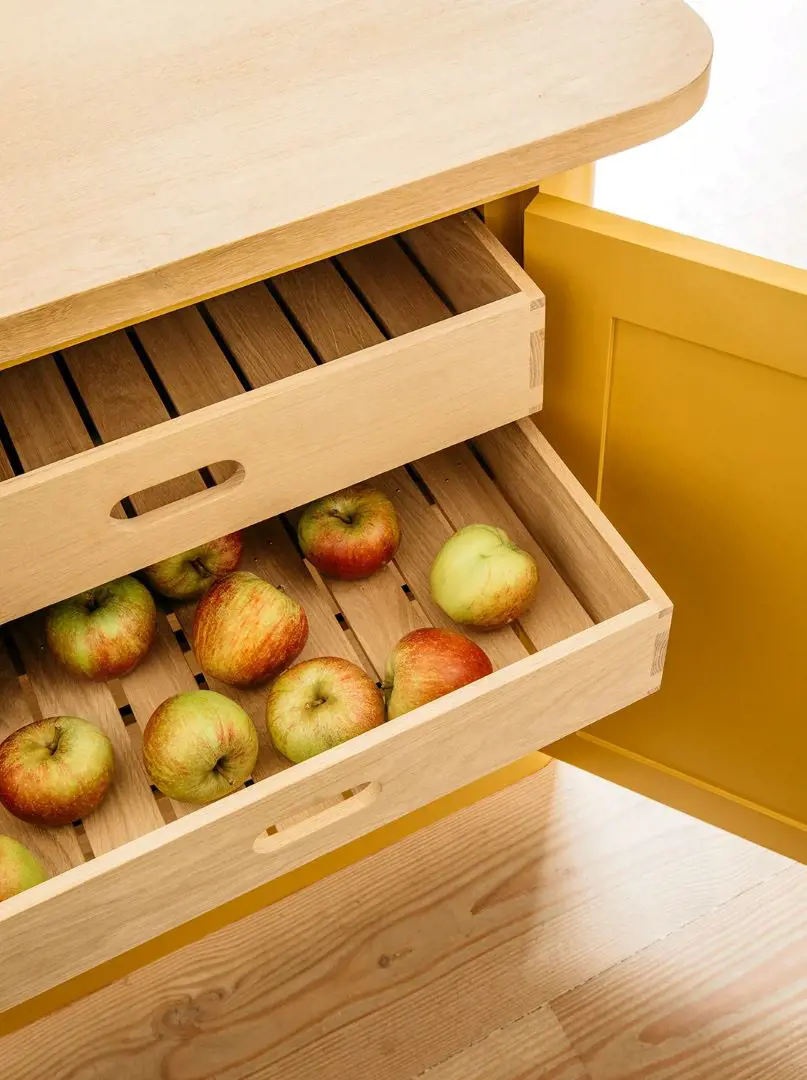
To increase the longevity of apples, another way is to store them in a cool, dark place with proper ventilation. To do so, they should be kept dry. Choose a place that isn't too damp for this process. The best storage temperature is 30 to 35 degrees F with 90 to 95% relative humidity.
Good ventilation is one of the crucial ways. Some of the coolest places would be cellars or garages. Follow these steps while storing apples in a cool, dark place:
- Choose the correct variety of apples
- Periodically, inspect the condition of apples
- Clean any dirt or residue
- Wrap each apple separately with newspapers to avoid touching each other.
- Opt for a convenient storage container.
3. Do Not Mix Apples with Other Fruits and Vegetables
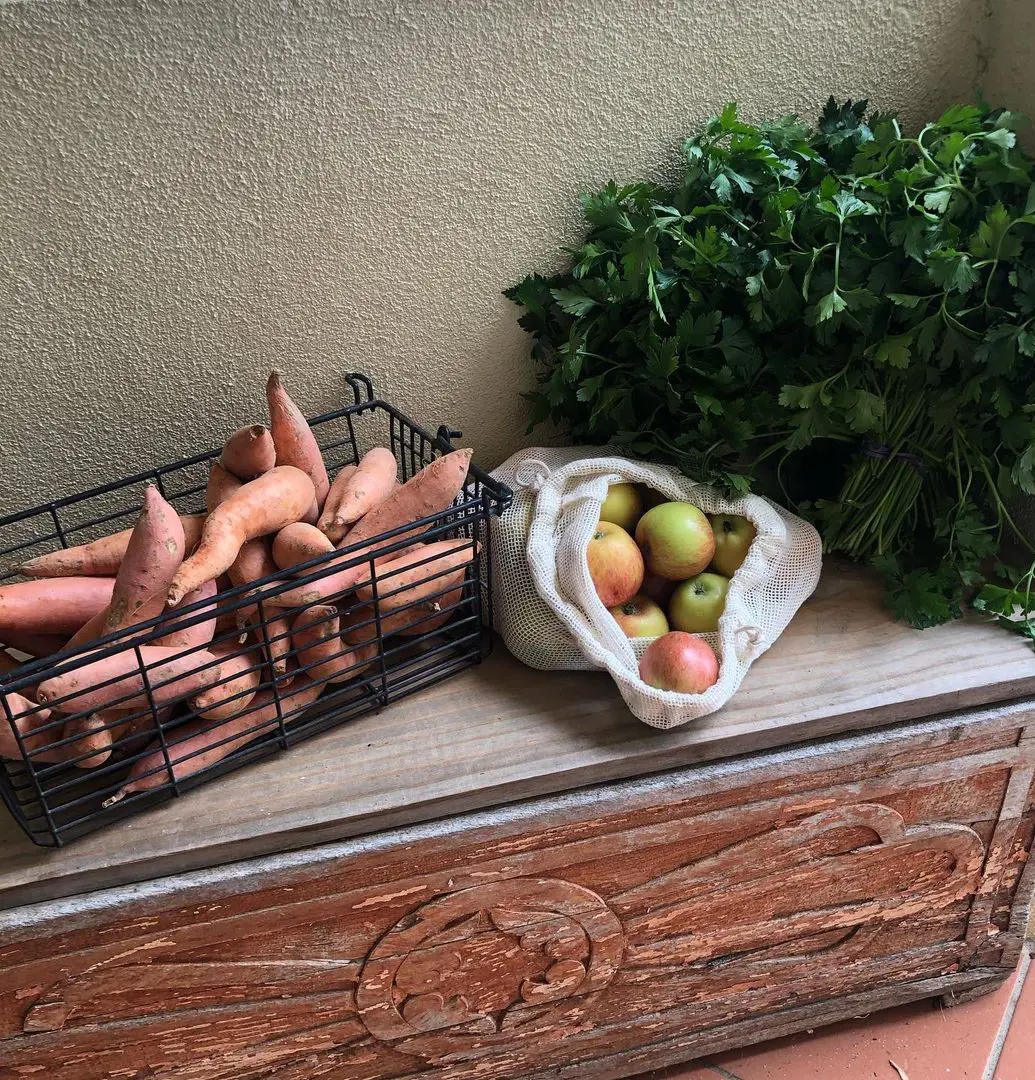
To effectively store apples, one of the crucial things to consider is keeping them away from other fruits and vegetables. Apples release ethylene gas, which can speed up the ripening process of other fruits and vegetables. For this purpose, it is best to store them separately.
By storing apples in different containers from other fruits and vegetables, the ethylene gas is contained. Besides the gas, apples can transfer their flavor and the growth of mold into other foods when stored together. Just like apples, bananas, kiwis, and mangoes also release ethylene, and it is also best to store them separately.
4. Check Them Regularly
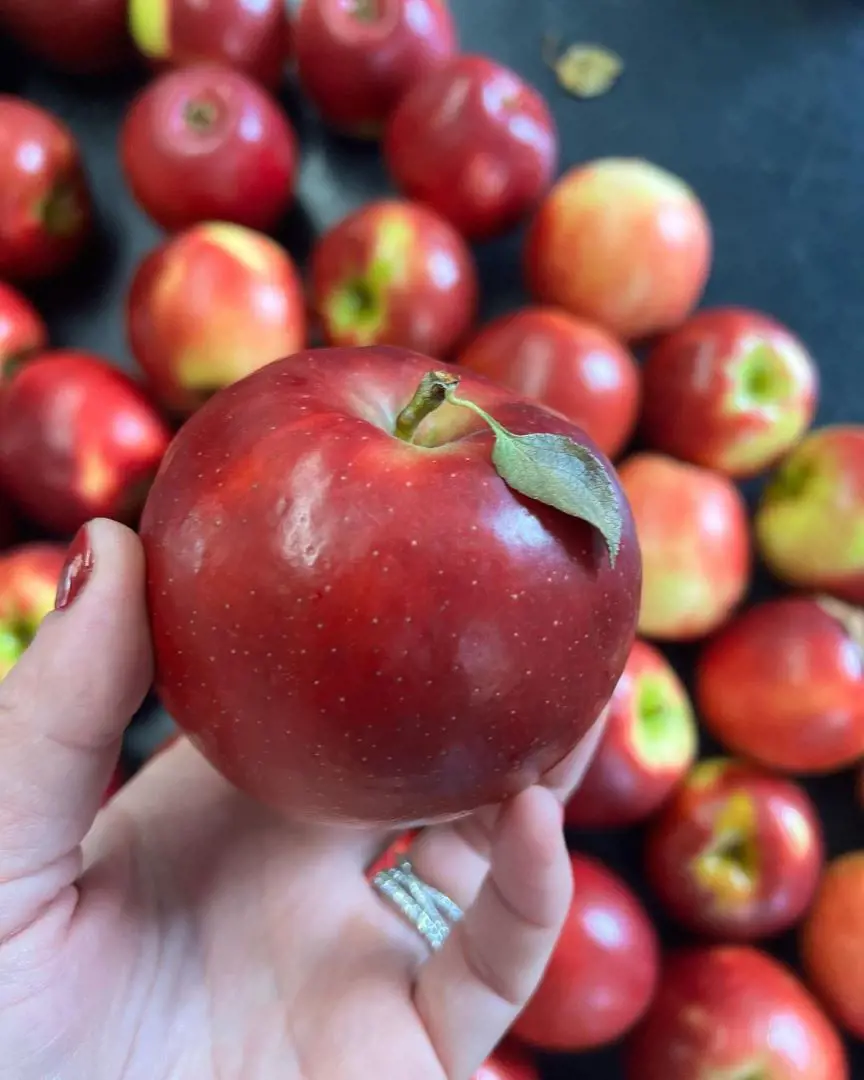
Regularly inspecting apples can increase their life span. Apples are known for their crisp texture and sweet taste, which can deteriorate if not taken care of. Frequent inspection informs the person about any signs of spoilage, such as soft spots, bruises, mold, and browning. This creates an advance alert, and a person can take the necessary actions to prevent further decay.
Moreover, segregating the unspoiled apples from any bruised or damaged apples helps increase the shelf life of fresh apples. Not only that, one can opt for a dark, cool, and well-ventilated place to store the apples for enhanced longevity.
5. Freeze Fresh Apples
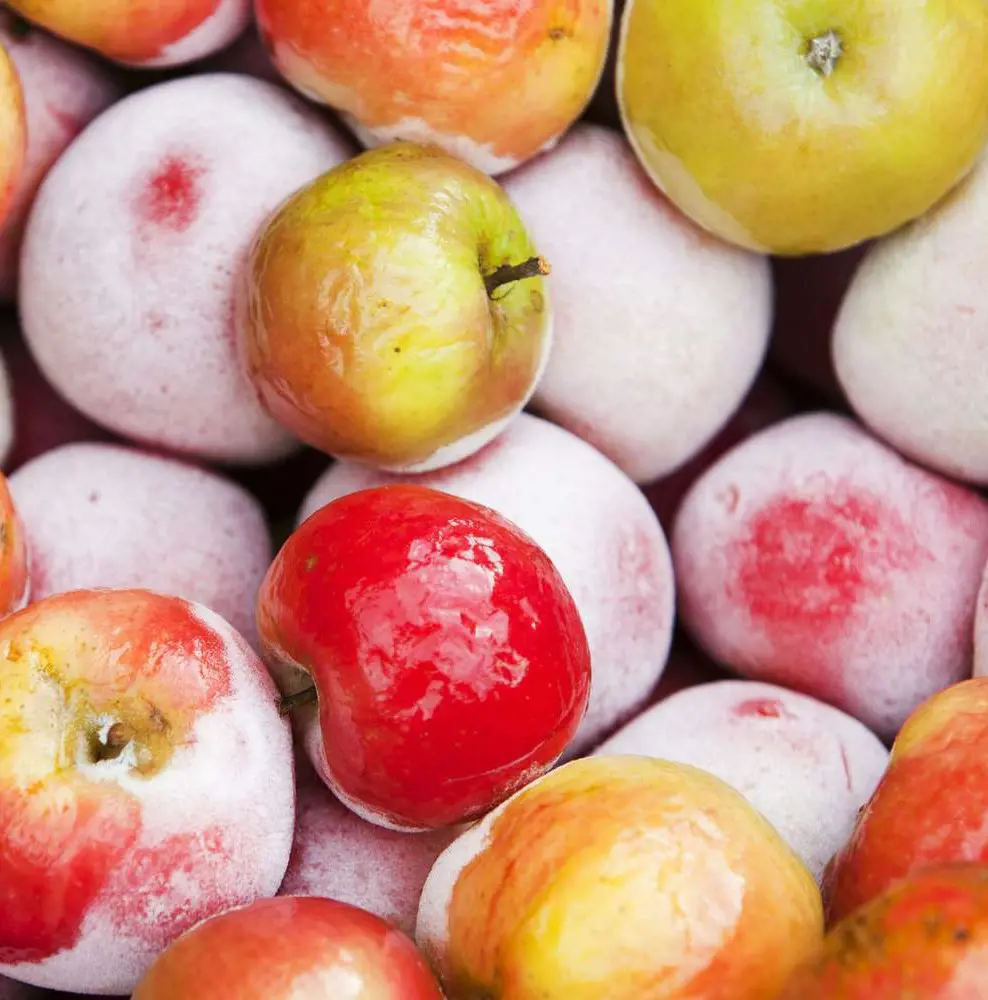
Freezing apples is another great way to increase the shelf life of apples. When the apples are frozen, the enzymatic activity of these fruits slows down, ultimately leading to a reduced rate of ripening. This implies that apples will stay fresh and crisp for longer than when they are stored at room temperature.
Not only does freezing increase the shelf life, but it also preserves the taste and firmness of the fruit. One might not be able to differentiate between the original and frozen apples. Thus, freezing apples helps to prevent spoilage, and in turn, one gets to enjoy the fruit all year long, even when it is out of season.
6. Dehydrate Apples
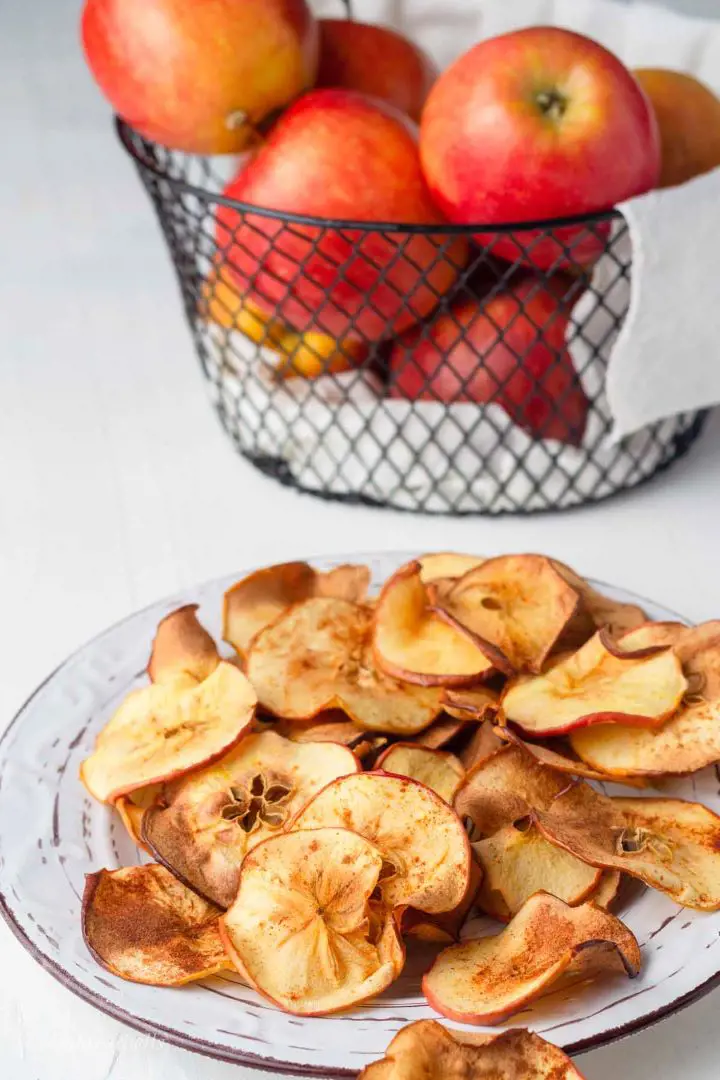
Dehydration is one of the most preferred food preservation methods. When they are dehydrated, the water levels are significantly reduced, causing reduced growth of mold, bacteria, and yeast in the fruit. By removing the water content, the rate of apple spoilage is greatly reduced. Similarly, dehydration inhibits the enzymatic reactions that cause browning and decay.
This method is usually suitable when planning to store a huge quantity of apples. Simply make thin slices of apple and place them on a dehydrator tray. Dehydrate them till they are dried. Crisp and dry apples are also helpful ways to remove bad breath. It produces saliva, which washes away odor-causing bacteria.
7. Turn Apples into Sauce or Butter
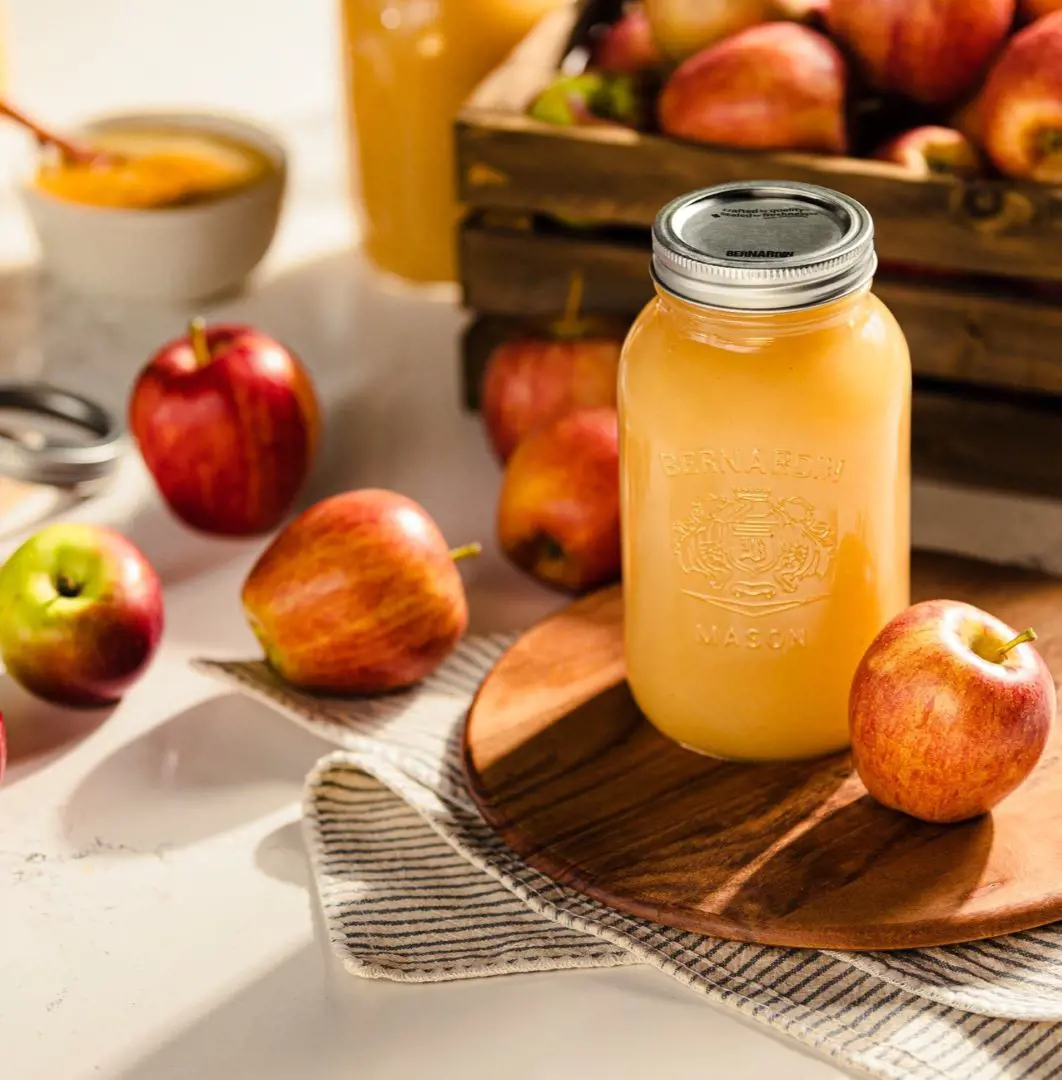
Another way to store an apple for both the long and short term is by turning it into a sauce or butter. First of all, when an apple is reduced down to sauce or butter, intense heat is applied, which is beneficial for killing away any bacteria or microorganisms. This method ultimately increases the life of these fast-growing fruits.
Secondly, when these products are made, sugar is a compulsory ingredient. Sugar helps reduce the water content of the fruit, making it less vulnerable to mold and bacteria. Moreover, sugar can develop an osmotic environment, which hinders microbial growth and enhances the shelf life of the products.
8. Make Apple Cider Vinegar
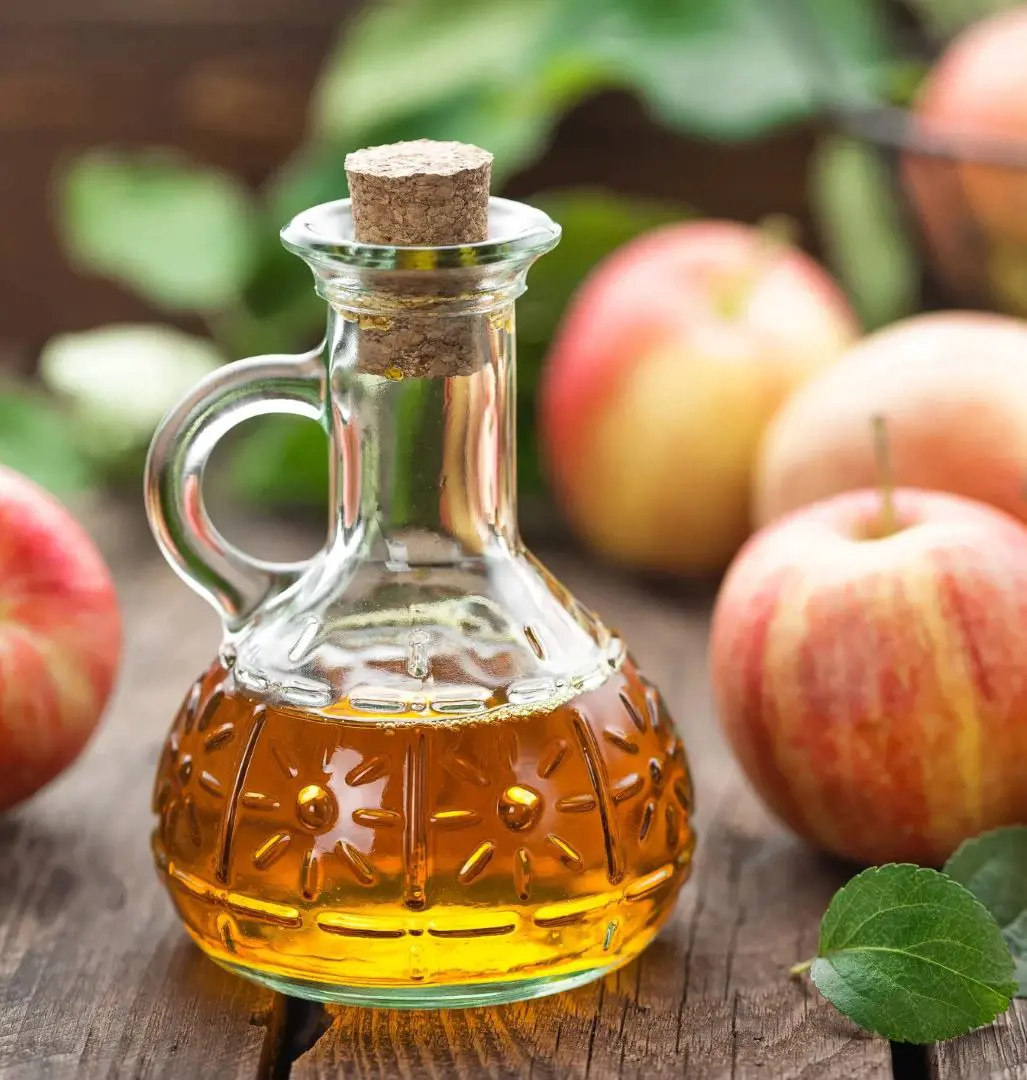
Making apple cider vinegar is another way to store as well as use up extra apples. Although making this vinegar might not directly enhance the shelf life of apples, the process of making it increases the shelf life of the juice. However, this is a simple way to store or convert apples into something beneficial.
The fermentation process transforms the sugar in the juice into acetic acid, forming an acidic environment that hinders the growth of molds, bacteria, and other microorganisms. Making apple cider vinegar is an extremely simple process that requires chopped apples, water, and sugar. Put them in a sterile jar and let it sit for a few weeks.
9. Canning Can Also Preserve Apples
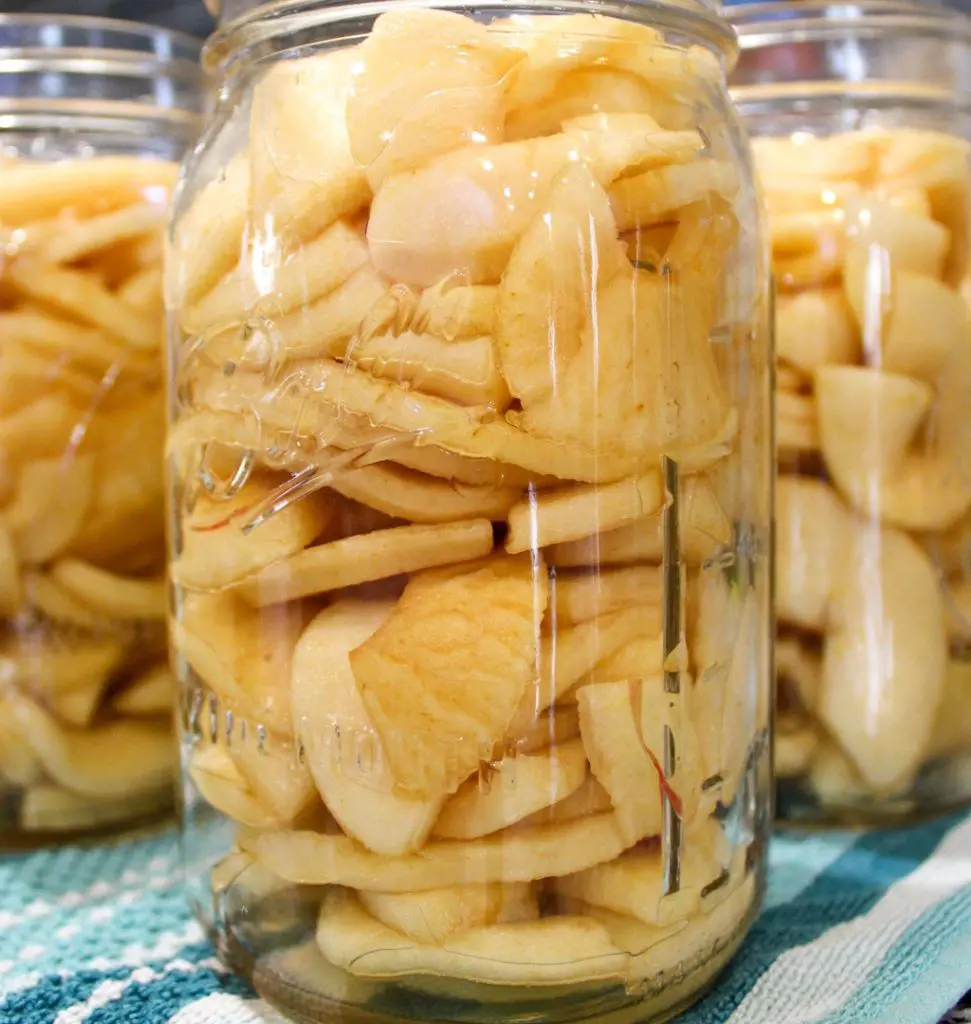
Canning is a popular and simple method to preserve apples that retain delicious flavor all year. The process requires chopping the apples, heating them in syrup or juice, and sealing them in an airtight jar for long-term storage. To begin the process, select firm, ripe apples and wash them thoroughly. Cut the apples into the desired shapes.
Next, prepare a syrup or juice using water, sugar, cinnamon, and some spices. Let it cook for some time. Next, place the apples in the jar and pour the syrup or juice all over the apples. Finally, store them in a cool, dark place for a few weeks.
10. Make Apple Wine

Apple wine is another way to enjoy the fruit even after the season ends. To make the wine, use a fermenting crock and ferment apple juice with wine yeast. Converting this sweet fruit into wine can increase the shelf life of apples in many ways.
During the fermentation process, apples are exposed to yeast. These yeasts feed on oxygen and develop an anaerobic environment, which is unsupportive to the spoilage-causing microorganisms. This way, apples are protected and last a long time. The fermentation process enhances the flavor and aroma of apples, making them even more appealing.
11. Bake Apple Pie, Cakes, and More
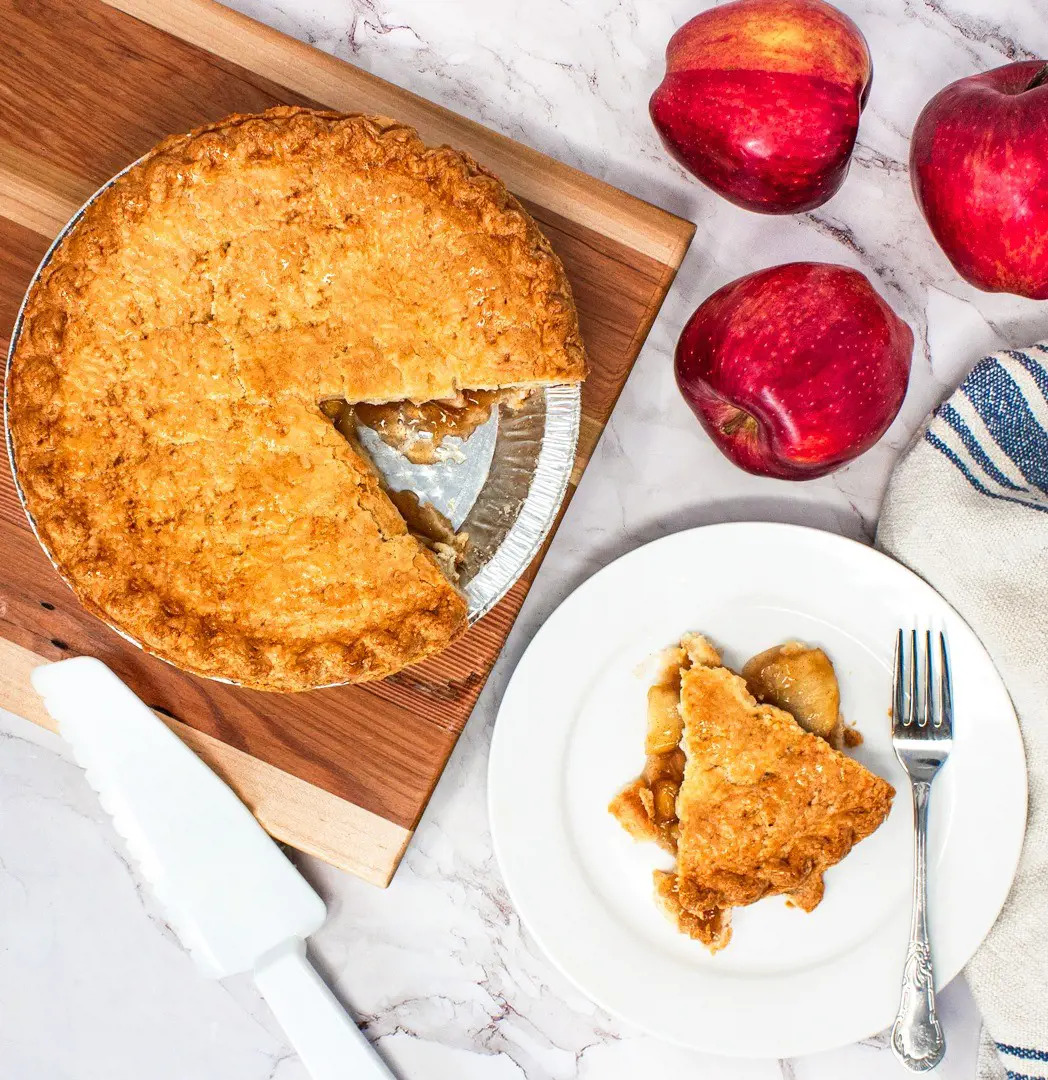
Baking the apples into pie and cake can also help increase the shelf life of apples with the help of a few potential methods. First of all, when the fruit is converted into any dish, the heat kills off any bacteria or microorganisms present on the surface. Secondly, making apple pie and cakes involves other ingredients such as flour, sugar, and spices. These ingredients act as preservatives by forming an environment that is less susceptible to the growth of bacteria and molds.
Moreover, baking also reduces the water content of apples, which is one of the leading factors responsible for spoilage. Lastly, storing the dish in a balanced environment helps to halt the growth of spoil-inducing bacteria.
Recent posts
How To Store
How To Store
How To Store Garlic Properly
Garlic is a kitchen pioneer important for adding flavor and depth to countless dishes. However, if stored incorrectly, garlic may lose its potency or even go bad. When stored properly a fresh garlic bulb can last up to six months otherwise, it will o...
How To Store
How To Store Potatoes - 15 Simple Tricks
Potatoes are a versatile vegetable loved for ages. From French fries to baked potatoes, there are many ways to enjoy them and they also naturally have a long shelf life. However, it is concerning that they can't last long without proper precautions. ...
How To Store
How To Store Carrots So They Last Longer
Carrots typically last for days and weeks at room temperature. If stored properly using the right technique, it can last for several months too. From harvesting to freezing, several ways can help extend the carrots’ shelf life. In this gu...
How To Store
How To Store Avocados Long Term
Avocado is a delicious, yet highly perishable fruit with nutritive benefits. Its high metabolic rate is the major contributing factor to its shorter shelf-life. The shelf-life of avocados ranges from 3-4 weeks when stored at the ideal temperature and...
How To Store
How To Store Cilantro Leaves
Cilantro is an indispensable item in our kitchen. Cilantro's seeds, leaves, and stems can all be consumed and can be used in many dishes around the world including sauces, soups, curries, etc. Cilantro is a good option because of its pleasant scent, ...
How To Store
How To Store Zucchini - 9 Tips To Keep Fresh
Zucchini belongs to the Cucurbitaceae family and is a type of summer squash. With its mild flavor and tender texture, zucchini has become a popular ingredient in numerous culinary creations. Zucchini is a sturdy veggie, but to keep it tasting yummy a...

